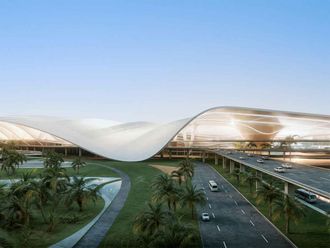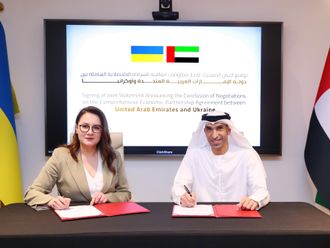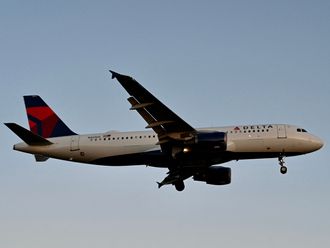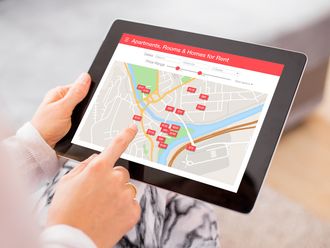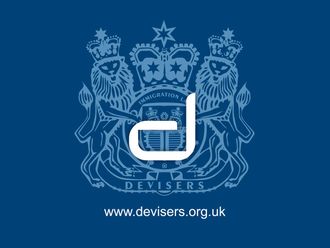Bahraini authorities see the current environment of low prices as a prime opportunity to carry out long overdue economic reforms.
They seem focused on re-engineering the subsidy culture by revisiting granted allowances and the possible imposing of taxes while cutting expenses where possible. The efforts are designed with a noble aim, namely the streamlining and sustaining of public finances.
The budget for fiscal year 2016 was prepared with a record projected shortfall of $4.1 billion. This is 42 per cent of planned expenditures, something unprecedented.
In reality, the budget was prepared and adopted before the recent sharp fall in oil prices. By one account, balancing Bahrain’s budget requires an average price of $138 per barrel, something not conceivable in current market conditions.
To date, officials have undertaken steps concerning two areas of subsidies, namely those related to meat and petroleum products. The subsidy for red meat was lifted in the second half of 2015. Not surprisingly, and in order to stem public outcry, officials did away with subsidies for red meat and chicken after the fasting month of Ramadan.
The second part of redesigning subsidies dealt with increasing prices for petrol — on the premium grade by a notable 60 per cent — earlier this month and has proved notably unpopular. It is suggested the new pricing of $0.42 per litre makes the price of high quality petrol the second highest within the Gulf after the UAE. Even then, a warning was issued to of additional price hikes as authorities try to overcome problems with public finance.
The third move, which is expected in the days to come, involves raising prices for electricity and water. There is no talk of doing away with subsidies for utilities in its entirety, but rather reduce the amount of support in a material way.
While not popular at home, the drive to explore ways to support public finance is popular with the International Monetary Fund and rating agencies. The IMF through its regular reviews of Bahrain’s economy under Article IV has repeatedly pressed for restructuring of subsidies.
The warnings have been issued long before the current fiscal fiasco. The latest moves send the signal to IMF and others of the seriousness of government attempts to overcome shortcomings in public finance.
Another positive signal was delivered to rating agencies like Moody’s and Standard & Poor’s, as both maintain a negative outlook for Bahrain’s economy. What’s more, existing ratings of Baa3 and BBB- by Moody’s and S&P respectively, restrict access and increase the costs of raising money in international markets.
In addition to subsidies, officials are having a second look at a range of allowances granted to citizens, in turn designed to provide state help where possible. It is probable Bahrain would emulate Saudi Arabia when it comes to imposing value added taxes. At the time of releasing the budget for fiscal year 2016, Saudi officials wounded proposals to introduce a 5 per cent VAT after two years.
Other Gulf countries have assumed moves to raise prices for petroleum, thereby avoiding the undercutting of Bahrain’s economy.
The writer is a Member of Parliament in Bahrain.






